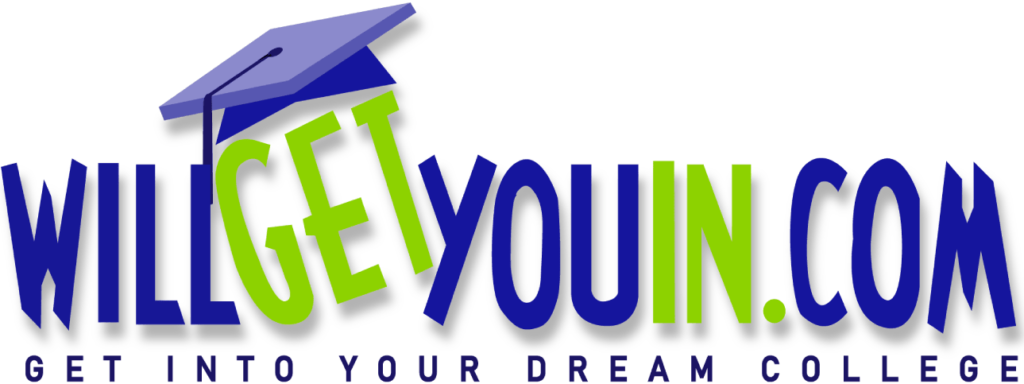A significant part of the new discussion about childcare has zeroed in on the monetary advantages to
guardians, to ladies, and to the economy at large. While there is no doubt that admittance to reasonable
early learning and childcare programs permits more noteworthy support in the labor force – which will
thusly add to Canada’s monetary recuperation emerging from the pandemic – there is a significantly
greater and conceivably more dependable advantage to kids and to society overall. There is broad proof
to show that kids who take part in early learning and childcare programs are more ready for
kindergarten, rudimentary, and auxiliary school, expanding their opportunities for a fruitful future. In
this article, early learning and childcare programming alludes to formal early learning and childcare
programs that have organized educational plans with clear assumptions and objectives conveyed by
qualified youth instructors.
What would children be able to learn in early learning and childcare
programs?
In early learning and childcare programs staffed by youth teachers, kids create fundamental abilities
connected to thinking, language, and prosperity that have been distinguished as the way to
accomplishment in the present quickly evolving world. Among those abilities are correspondence,
cooperation, imagination, constancy, critical thinking, and intellectual adaptability.
What makes early realizing and childcare programs work?
Early learning and childcare programs are managed by state run administrations, and include intentional
educational plan conveyed in arranged conditions by qualified youth instructors (ECEs). These sorts of
early learning conditions are loaded up with discussions, among ECEs and youngsters, yet additionally
among kids who bring their own encounters and collection of words. These companion communications
advance language-learning, one more key limit with respect to long haul achievement.
In these projects, ECEs use play-based realizing which moves kids to investigate and issue tackle as they
foster a blend of reasoning and social abilities. Through play-based learning, kids get the capacity to
direct their sentiments, contemplations, and activities. They figure out how to characterize issues,
anticipate results, and test thoughts, and they figure out how to find, analyze, and succession data – the
antecedents to math abilities. They likewise take an interest in a scope of proactive tasks, which
cultivate deep rooted solid propensities.
Do the abilities have an effect?
Youngsters’ procurement of the abilities created through early mastering and childcare projects can
have a dependable effect. One American audit of 22 investigations that followed kids past their initial
inclining and childcare programs observed that youngsters’ support in the projects decreased custom
curriculum situations, reduced grade redundancy, and expanded secondary school graduation rates. An
assessment by the US Centers for Disease Control (CDC) likewise observed that support in these projects
further developed youngsters’ drawn out wellbeing results.
Expectation for what’s to come
Whatever we decide to call them – adaptable abilities, worldwide capabilities, 21st century abilities,
non-intellectual or delicate abilities – there is broad understanding among businesses, wellbeing
specialists, and market analysts that the abilities and skills that can be cultivated start in youth are
indispensable to flourish in the present complex and quickly evolving world. Moving towards youth
schooling for all will require senior state run administrations to make new ventures giving an extra $8
billion altogether to yearly financial plans. Quality early schooling will likewise require purposeful
thoughtfulness regarding guarantee fair access and a certified and resourced labor force. Albeit the
adjustments are invaluable, market analysts have figured it out finding returns of up to $6 for each
dollar spent. The advantages are huge, similar to the expenses of inaction. We can’t stand to waste the
untold abilities of another age. At the point when Canadian kids flourish, Canada flourishes.
Financial specialists were out front with worries that schools were not setting up the cutting edge for
the innovative economy. The trip of Canada’s high-profile ability to the United States overwhelmed the
media. Fraser and I met with Canadian and global specialists and evaluated the writing.
The outcomes were summed up in Early Years Study
Reversing the Real Brain Drain (1999). It contended that Canada disposes of its best ability when
youngsters need satisfactory supporting and incitement in youth. It approached legislatures to make “a
first ‘level’ program for early kid advancement, as significant as the rudimentary and optional
educational systems, and post-auxiliary training framework.”
Past the economy: the human advantages of early learning and childcare programs

(Visited 4 times, 1 visits today)
